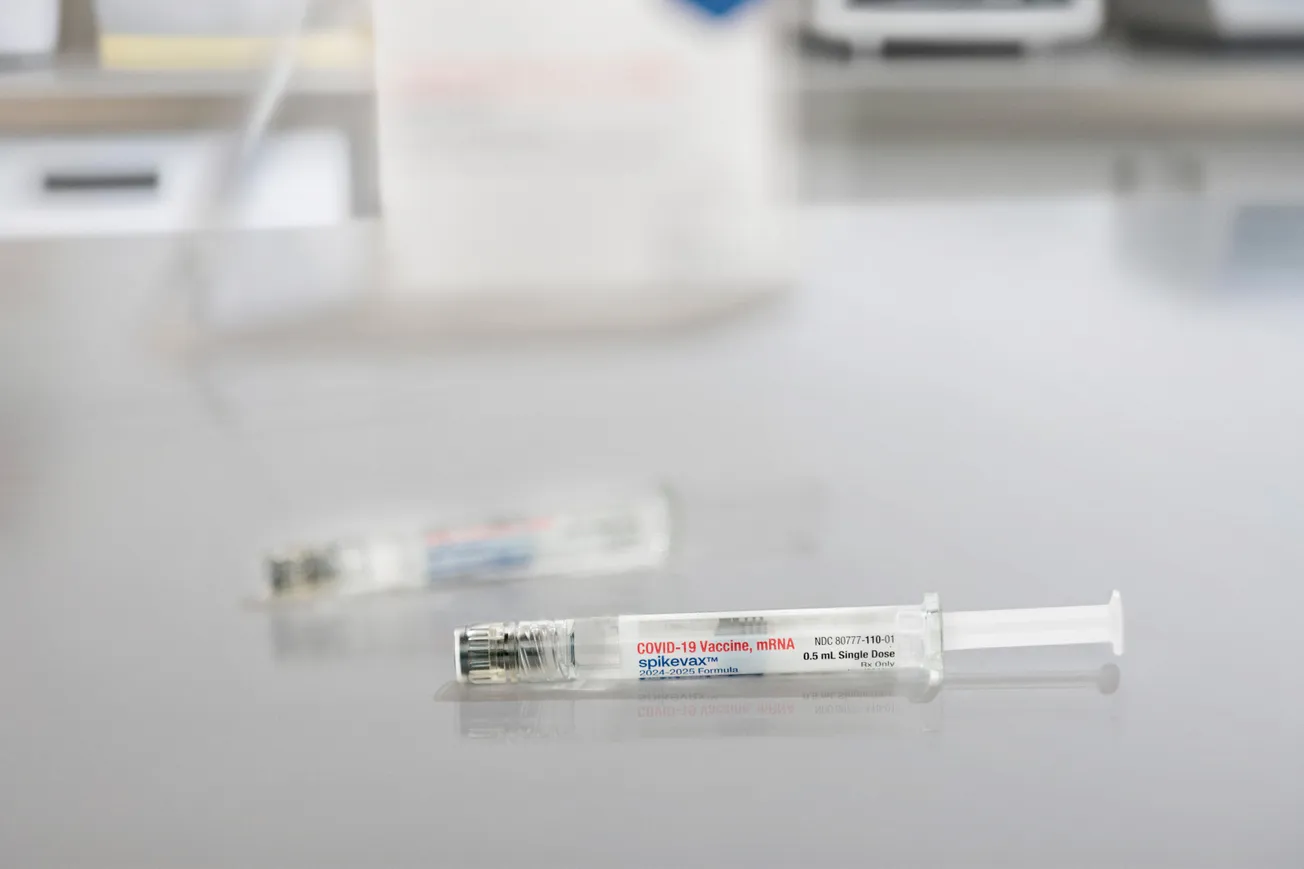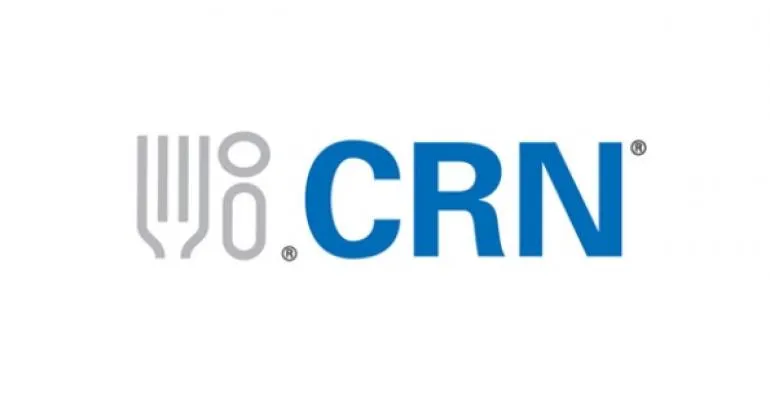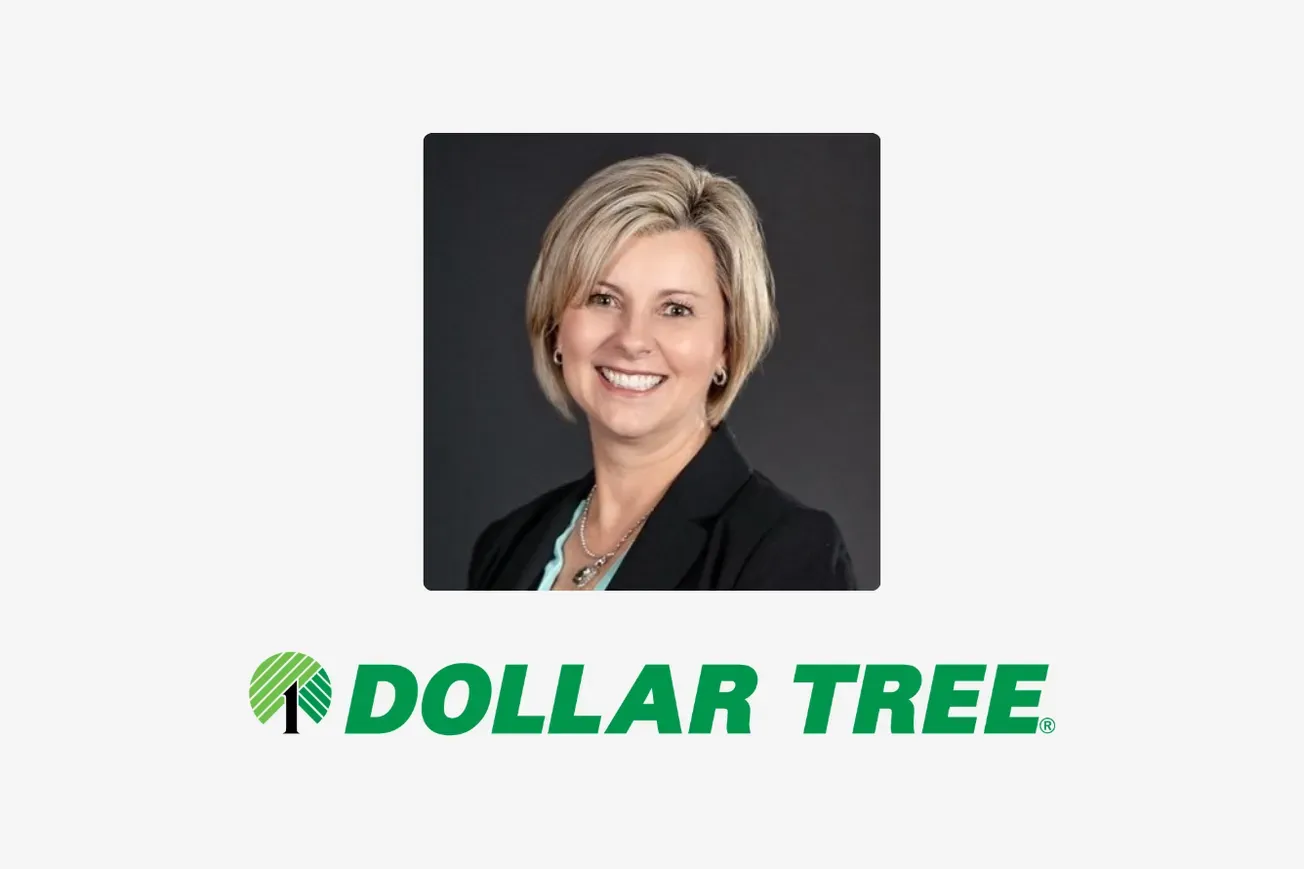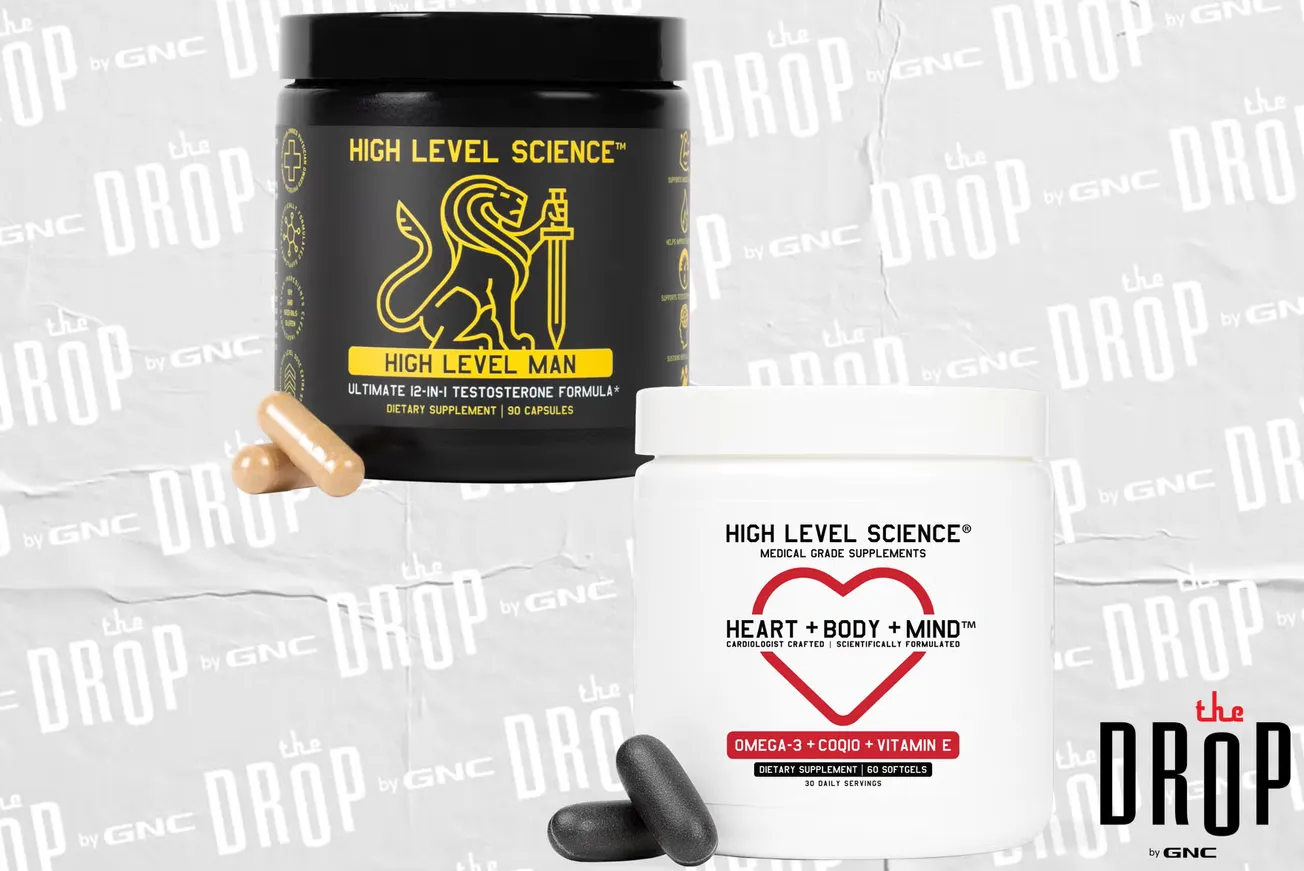DEERFIELD, Ill. — Walgreens Boots Alliance posted first quarter sales and earnings that topped analysts’ forecasts.
WBA reported adjusted earnings per share of $1.16, surpassing the expected $1.14. Revenue for the three-month period ended Nov. 30 was $33.38 billion, ahead of the projected $32.84 billion.
Walgreens’ front end sales grew 0.8 percent, with same-store sales rising 1.4 percent from the year-ago quarter. Excluding tobacco, same-store front end sales advanced 2.1 percent, aided by strong cough, cold, flu sales representing a tailwind of 220 bps, partly offset by lower sales of OTC test kits representing a headwind of 170 basis points. Beauty and personal care categories both grew, benefiting from owned brand offerings and improved inventory availability.
The strong sales notwithstanding, the company had a net loss of $3.7 billion, or $4.31 per share, compared with net income of $3.58 billion, or $4.13 per share, a year earlier. The loss resulted from a $5.2 billion settlement with a number of states over opioid lawsuits.

Roz Brewer
“WBA delivered a solid start to the fiscal year, as we continue to accelerate our transformation to a consumer-centric healthcare company,” said CEO Roz Brewer. “We’re making significant progress in driving our U.S. Healthcare segment to scale and profit, including the recent VillageMD acquisition of Summit Health. Our core retail pharmacy businesses in both the United States and United Kingdom remain resilient in challenging operating environments. Execution across segments reinforces our confidence in achieving full-year guidance, and our strategic actions are creating long-term shareholder value.”
Sales decreased 1.5 percent from the year-ago quarter, but increased 1.1 percent on a constant currency basis. Excluding the negative impact from AllianceRx Walgreens of 485 basis points and the positive contributions from U.S. Healthcare M&A of 280 basis points, sales growth was 3.2 percent on a constant currency basis.
Operating loss was $6.2 billion in the first quarter compared to operating income of $1.3 billion in the year-ago quarter. Operating loss reflects a $6.5 billion pre-tax charge for opioid-related claims and litigation. Adjusted operating income was $1.0 billion, a decrease of 42.2 percent on a constant currency basis, reflecting lower volumes of COVID-19 vaccinations and testing compared to the peak prior year period, planned payroll and IT investments in U.S. Retail Pharmacy and growth investments in U.S. Healthcare. This was partly offset by improved retail contributions in the U.S. and International.
The impact of the opioid lawsuit settlement was offset by a $0.9 billion after-tax gain from the partial sale of the company’s equity method investment in AmerisourceBergen during the first quarter; and lapping $2.5 billion after-tax gain on investments in VillageMD and Shields Health Solutions in the year-ago quarter. Adjusted net earnings were $1.0 billion, down 30.2 percent on a constant currency basis, primarily driven by lower adjusted operating income partly offset by the favorable impact of a lower tax rate compared with the year-ago quarter primarily due to the release of valuation allowance related to capital loss carryforwards.
Adjusted earnings per share decreased 30.8 percent, reflecting a decrease of 29.9 percent on a constant currency basis.
Net cash provided by operating activities was $493 million in the first quarter. Operating cash flow was negatively impacted by increased inventory build for the U.S. and UK holiday season. Free cash flow was negative $117 million, a $762 million decrease compared with the year-ago quarter primarily driven by lower earnings versus the prior year quarter, phasing of working capital, and increased capital expenditures in growth initiatives, including the VillageMD footprint expansion, the rollout of micro-fulfillment centers, and digital transformation initiatives.
The U.S. Retail Pharmacy segment had first quarter sales of $27.2 billion, a decrease of 3.0 percent from the year-ago quarter. Comparable sales increased 3.8 percent from the year-ago quarter while lapping strong comparable sales of 7.9 percent in the year-ago quarter. The year-ago quarter included a significant contribution from COVID-19 vaccinations.
Pharmacy sales decreased 4.2 percent compared to the year-ago quarter, negatively impacted by a 7.8 percentage point headwind from AllianceRx Walgreens. Comparable pharmacy sales increased 4.8 percent in the quarter compared to the year-ago quarter, benefiting from higher branded drug inflation. Comparable prescriptions filled in the first quarter were flat to the year-ago quarter, while comparable prescriptions excluding immunizations increased 2.1 percent compared with the year-ago quarter, a sequential improvement of 220 basis points compared to the prior quarter. Total prescriptions filled in the quarter, including immunizations, adjusted to 30-day equivalents, decreased 0.7 percent to 311.6 million.
Gross profit decreased 7.3 percent compared with the year-ago quarter. Adjusted gross profit decreased 7.2 percent. Gross profit and adjusted gross profit were driven by lower contributions from COVID-19 vaccinations and testing and reimbursement net of procurement savings, partially offset by higher retail gross profit from higher sales and gross margin expansion.
Selling, general and administrative expenses (SG&A) increased 129.8 percent from $5.1 billion in the year-ago quarter to $11.7 billion. SG&A in the quarter reflects a $6.5 billion pre-tax charge for opioid-related claims and litigation. Adjusted SG&A increased 2.5 percent to $4.9 billion, driven by $100 million of increased labor investments, and incremental IT and digital investments, partly offset by cost savings from the Transformational Cost Management Program.
Operating loss in the first quarter was $5.8 billion compared to operating income of $1.4 billion from the year-ago quarter, reflecting the $6.5 billion charge for opioid-related claims and litigation. Adjusted operating income decreased 34.6 percent to $1.1 billion from the year-ago quarter, reflecting lower COVID-19 vaccination volumes, continued reimbursement pressure, and planned labor investments, partly offset by improved higher retail gross profit from higher sales and gross margin expansion.
The International segment had first quarter sales of $5.2 billion, a decrease of 10.8 percent from the year-ago quarter, held back by an adverse currency impact of 15.4 percent. Sales increased 4.6 percent on a constant currency basis, with Boots UK sales growing 4.3 percent, and the Company’s Germany wholesale business growing 4.2 percent.
Boots UK comparable pharmacy sales decreased 0.9 percent compared with the year-ago quarter, due to lower demand for COVID-19 services compared to the year-ago quarter. Boots UK comparable retail sales increased 8.7 percent compared to the year-ago quarter, growing market share for the 7th consecutive quarter. Footfall improved by around 8 percent, compared to the year-ago quarter. Boots.com continued to perform well, accounting for 18 percent of retail sales in the quarter compared to 9 percent pre-pandemic. In November, Boots.com percent of sales reached almost 23 percent, including the biggest ever single day of digital sales for the business, on Black Friday.
Gross profit decreased 13.0 percent compared with the year-ago quarter, including an adverse currency impact of 15.1 percent. Gross profit increased 2.1 percent on a constant currency basis, reflecting higher UK retail sales growth, and strong execution in our Germany wholesale business, partially offset by lower demand for COVID-19 related services in the UK and the adverse gross margin impact of National Health Service pharmacy funding.
SG&A in the quarter decreased 18.2 percent from the year-ago quarter to $944 million, reflecting a favorable currency impact of 14.9 percent, lower acquisition-related costs, and lower costs related to the Transformational Cost Management Program compared to the year-ago quarter. Adjusted SG&A increased 5.6 percent on a constant currency basis, reflecting increased in-store and marketing activities, higher inflation, and the expiration of temporary COVID-19 related rental reductions received in the year-ago quarter.
Operating income increased 96.5 percent from the year-ago quarter to $106 million, reflecting lower acquisition related costs and restructuring activity, partially offset by an adverse currency impact of 18.8 percent. Adjusted operating income decreased 28.9 percent to $116 million, a decrease of 20.3 percent on a constant currency basis compared with the year-ago quarter, as strong growth in UK retail and Germany was more than offset by lower demand for COVID-19 related services in the UK, the adverse gross margin impact of NHS pharmacy funding, and the expiration of COVID-19 rental reductions received in the year-ago quarter.
The U.S. Healthcare segment had first quarter sales of $989 million, an increase of $938 million compared to the prior year period. On a pro forma basis, this segment’s businesses grew sales at a combined rate of 38.4 percent in the quarter. VillageMD grew 48.7 percent, reflecting existing clinic growth and clinic footprint expansion. Shields grew 44.1 percent, driven by recent contract wins, further expansion of existing partnerships, and strong executional focus. CareCentrix grew 22.3 percent as a result of additional service offerings with existing partners.
Gross profit was $17 million and adjusted gross profit was $43 million. Shields and CareCentrix gross profit was more than offset by the VillageMD expansion. VillageMD added 119 clinics compared to the year-ago quarter for a total of 375 total clinics open.
First quarter SG&A was $454 million, and adjusted SG&A was $195 million. Adjusted SG&A increased $162 million compared to the prior year quarter, due to the year-over-year impact of acquisitions and higher investments in the organic business.
Operating loss was $436 million. Adjusted operating loss was $152 million, which excludes certain costs related to stock compensation expense and amortization of acquired intangible assets. Adjusted EBITDA was negative $124 million, reflecting a full quarter of VillageMD results compared to six days of results in the year-ago quarter and growth in organic business investments, partly offset by positive contributions from Shields and CareCentrix.
WBA is maintaining its full-year adjusted EPS guidance of $4.45 to $4.65 as strong core business growth is more than offset by lapping fiscal year 2022 COVID-19 execution, and currency headwinds.
It raised its full-year sales guidance to $133.5 billion to $137.5 billion, reflecting the Summit Health acquisition, refreshed currency rates, and first quarter sales ahead of expectations
U.S. Healthcare targets were raised with the Summit Health announcement on November 7, including a fiscal 2025 sales goal of $14.5 billion to $16.0 billion, up from $11.0 billion to $12.0 billion previously, and positive adjusted EBITDA expected for the segment by the end of fiscal 2023.
Increased clarity into the company’s long-term growth algorithm will mean low-teens adjusted EPS growth in fiscal 2025 and beyond, it said.









